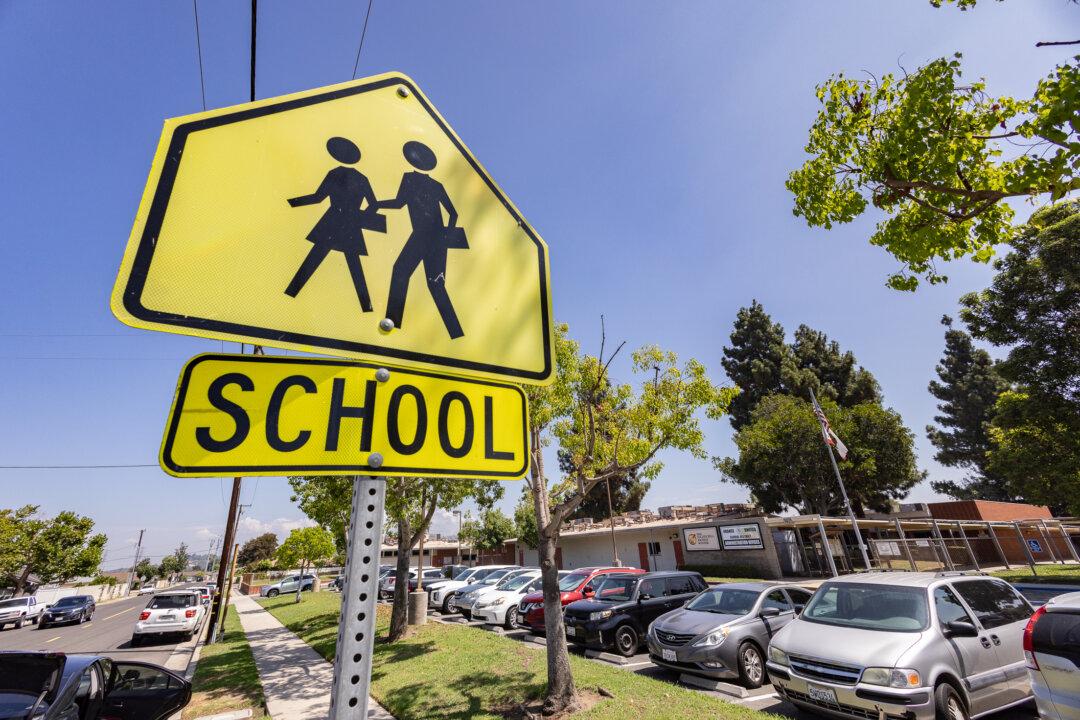The Palos Verdes Peninsula Unified School Board in Los Angeles County is considering a proposal that would declare that teaching children about sex—outside of sexual education—is inappropriate.
The topic arose during the board’s review and revision of board policies during a Nov. 8 meeting.





